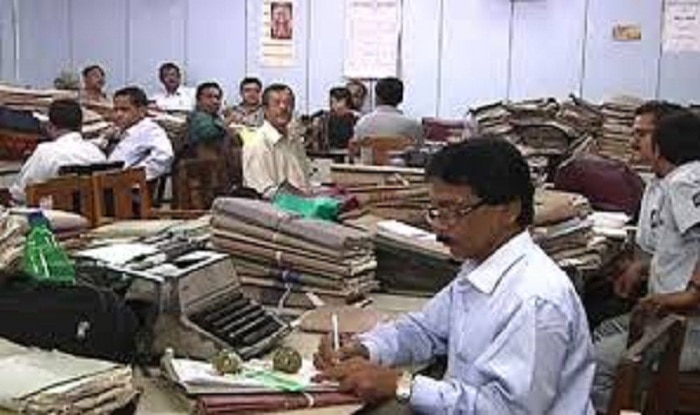7th pay commission: Government likely to pay arrears on allowances to central govt employees
The NJCA has demanded that the central government extend arrears from January 1, 2016

New Delhi, May 5: After a prolonged demand by employees, the union government has finally agreed to pay arrears on the hiked allowances extended to central government employees. The development was confirmed by cabinet secretary P K Sinha after a round of deliberations with the National Joint Council of Action (NJCA).
The NJCA has demanded that the central government extend arrears from January 1, 2016, for the revised allowances that have been put forth by the Lavasa committee on allowances in its report last month. The report is currently being analysed empowered committee of secretaries headed by P K Sinha.
While the recommendations are yet to be passed, their implementation would bring about key changes to over 196 allowances, that are currently paid under the seventh pay commission. The committee had, in particular, suggested that certain non-essential allowances, such as acting, assisting cashier, cycle, condiment, flying squad, haircutting, rajbhasha, rajdhani, robe, shoe, shorthand, soap, spectacle, uniform, vigilance and washing allowance, be either abolished or subsumed under a more important allowance.
The report also proposes changes in the rates of several key allowances. Primary among them is the House Rent Allowance that the committee has suggested be paid depending on the city of residence of an employee and the Dearness Allowance currently paid to them, at a rate of 24 per cent, 16 per cent and 8 per cent of the current basic pay.
Wherever the Dearness Allowance crosses 50 percent, the committee has recommended that the HRA be given at a rate of 27 per cent, 18 per cent and 9 per cent. Further, in cases where the DA crosses 100 percent, the suggested rates are 30 per cent, 20 per cent and 10 per cent.
On Wednesday, the government approved an enhanced pension plan for civil and defence personnel under the seventh pay commission as proposed by the corresponding empowered committee. The government will be providing arrears from January 1, 2016, at an additional cost of Rs 5031 crore.








 →
→











0 comments:
Post a Comment